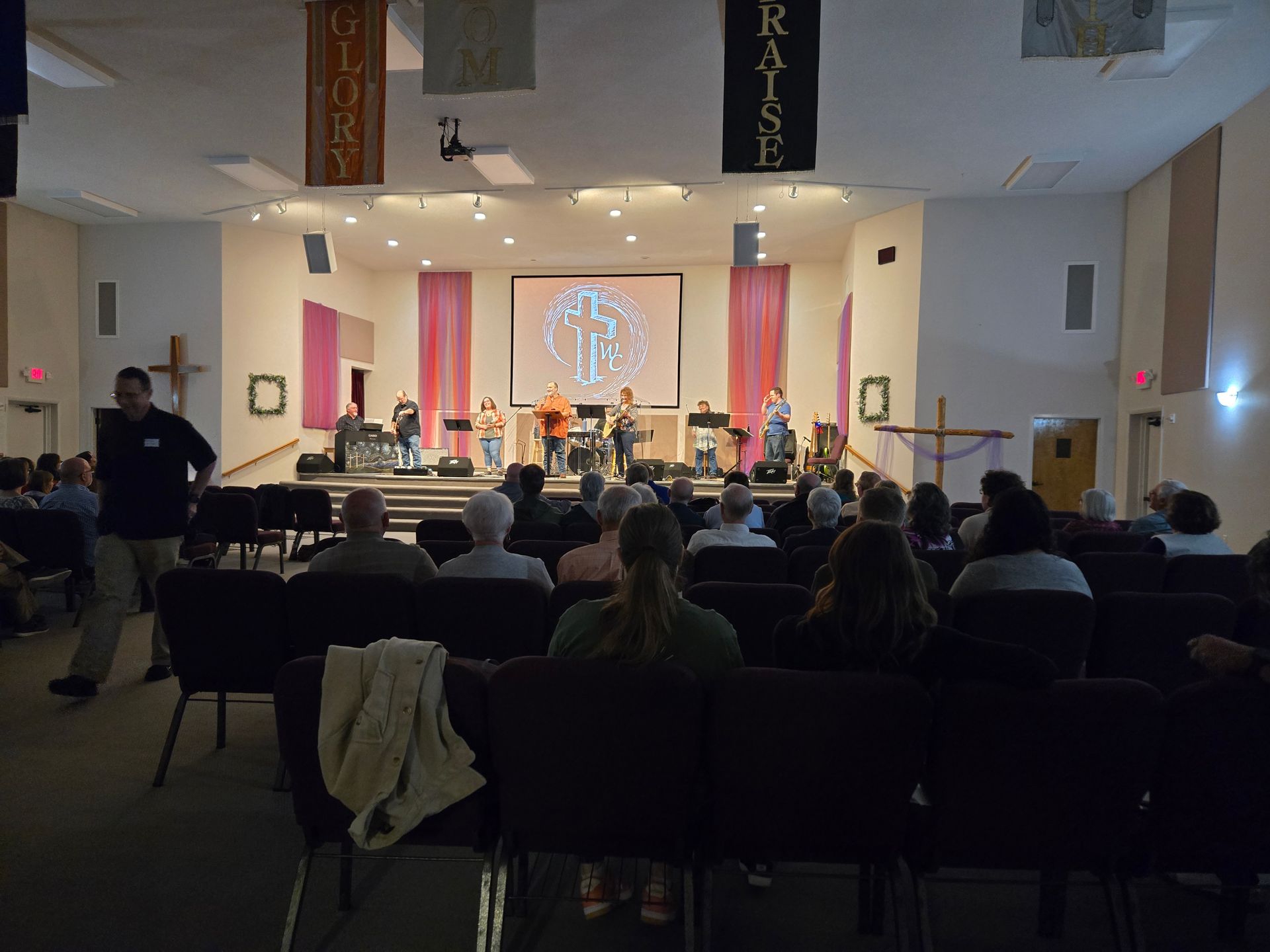Problems or Possibilities?
Recently we discovered that a crack in our back patio was letting water drain from the downspout into our foundation. After several heavy showers of rain, we would find a damp spot at a basement floor concrete seam, which we would need to take care of several times during Wyoming’s short wet season. Only sealing the crack in the patio wasn’t enough, and we are in no big hurry to spend thousands on a new back patio. After giving it some thought, we bought a rain barrel for that downspout. Now water that was a problem is watering our flowers and gardens, saving us money on our water bill and keeping our basement dry! A problem became a possibility!
In Natural Church Development (NCD) we talk about growth forces (they used to be called biotic principles), those organic activities that naturally occur in living systems. One of these is Energy Transformation, which means that living systems react and take advantage of the reality of their environment. Think of how weeds grow. They benefit from any amount of soil, and the least bit of water, in just about any location, so they can grow. Churches as living systems need to do the same thing, take advantage of the environment in which they find themselves, rather than try to fight their contextual reality. We fight our contextual reality whenever we try to apply what worked in one context into every context, or when we ignore the energy and passion around us because it doesn’t “fit” into our vision of what church or ministry should look like.
One of the most prominent places this growth principle works is when people have different ideas about ministry. Our church several years ago went to a small groups model, where all ages met in small groups throughout the week, and we no longer held Sunday School. Most of the church was in favor, but some regular attendees were very fond of their Sunday School adult class, and had no intention of becoming a part of “that crazy small group idea.” The wrong approach would have been to force them to change for the “good of the church.” It would have done the church no good. It would have caused people to get angry, feel ignored, and possibly leave the church.
Instead, energy transformation occurred. Those individuals who were passionately against small groups were equally passionate about being together Sunday morning before church. They didn’t like any of the new ideas, but they loved being together. We encouraged them to continue and to advertise their small group “alternative” actively. The result? Our small groups were successful, the Sunday morning group also grew, and we have a sustained 75% of our adults regularly engaged in some weekly Biblical study group!
When people are passionately against something, it is because they strongly value something else. Discover what that is, and then empower them to express that passion in a way that brings growth. If your congregation is in a neighborhood that looks nothing like the people who attend, it may be time to get to know your neighbors, and provide the things that the community would find helpful and attractive. Not every church can be exciting for every group, but every church can effectively minister to SOME group of people, and usually the people God wants us to minister to are the people He brings us and the location he places us. Practicing energy transformation stops us from lamenting the barriers we face, but instead see those problems and obstacles as opportunities for new growth.
Mobilize wants to help your church become healthier than it is now! If you have a question about church health, growth, and vitality, send it to me at my email below. We want this space to inform and encourage church health, so let us know how we can help! If your church wants help getting healthier, or is interested in the Natural Church Development process we use to assess and promote church health, you can contact the national office at 419-289-1708 or myself at EmeryHurd@gmail.com. or 307-638-6411










